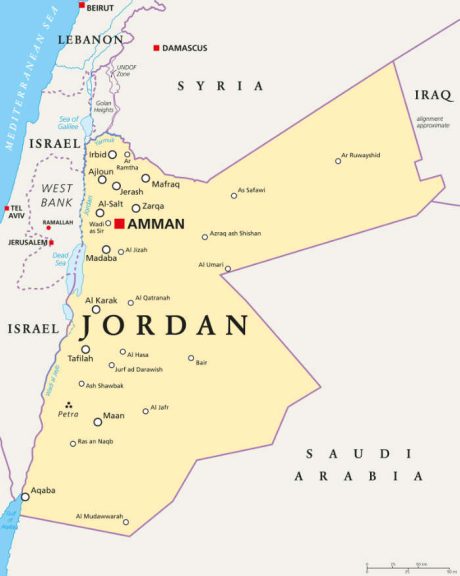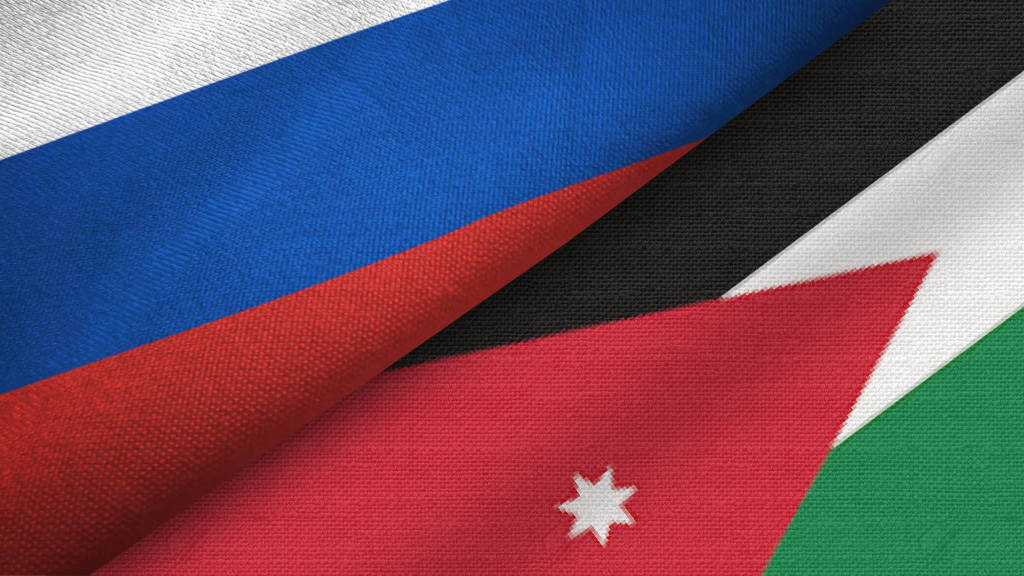Russia’s Foreign Minister, Sergey Lavrov, met with Ayman Safadi, the Deputy Prime Minister and Minister of Foreign Affairs of Jordan on the sidelines of the 80th session of the UN General Assembly in New York.
The foreign ministers held an in-depth exchange of insights on key Middle Eastern issues with a focus on the Palestinian-Israeli conflict and Syria. They confirmed the importance of stepping up international efforts to promote an early ceasefire in the Gaza Strip, to release hostages and detainees, to provide humanitarian access, and, more broadly, to re-launch the peace process in accordance with the widely known resolutions adopted by the UN Security Council and the General Assembly. Jordan is deeply impacted by the situation in Palestine as it shares a border with the West Bank.

Priority goals, including the continued expansion of Russian-Jordanian relations were also discussed. These include strengthening the political dialogue, increasing bilateral trade, and maintaining the positive dynamics of practical cooperation.
Russia and Jordan have had positive ties stretching back to the Soviet times. Investment and trade relations, however, have been limited. It is only in recent years that concrete steps have been taken to enhance and develop these. In 2017 a memorandum of cooperation between the Eurasian Economic Commission (EEC) and Jordan was signed to increase trade turnover with the Eurasian Economic Union (EAEU) by launching new joint projects.

Jordan has a population of 11.5 million, a GDP (PPP) of US$132 billion, and a GDP (PPP) per capita income of US$12,900. Economic growth is forecast at 2% for 2025 and is supressed due to regional uncertainties.
In 2023 Jordan and Russia signed a bilateral cooperation programme, and discussed plans for Jordanian-Russian Trade, Economic, Scientific and Technical Cooperation. Negotiations are also being held to ensure entry into the Russian market for Jordanian agricultural products. Numerous official trade visits to Russia have been undertaken, during which issues such as the transportation of goods and customs duties introduced by Russia were discussed, with the process still ongoing.
Russia’s 2024 trade turnover with Jordan amounted to about US$250 million and has been depressed due to problems with the Israel-Palestine war. Russian exports typically consist of food products and agricultural raw materials, metals, wood and pulp and paper products, chemical products, mineral products, and various machinery. An important area of cooperation between Russia and Jordan is agriculture, with Russian barley being a primary commodity and both sides wanting to increase Russian exports. Due to the regional situation, the immediate development of trade development ties remains uncertain, with the onus on security concerns at the present time.
Further Reading

 Русский
Русский














